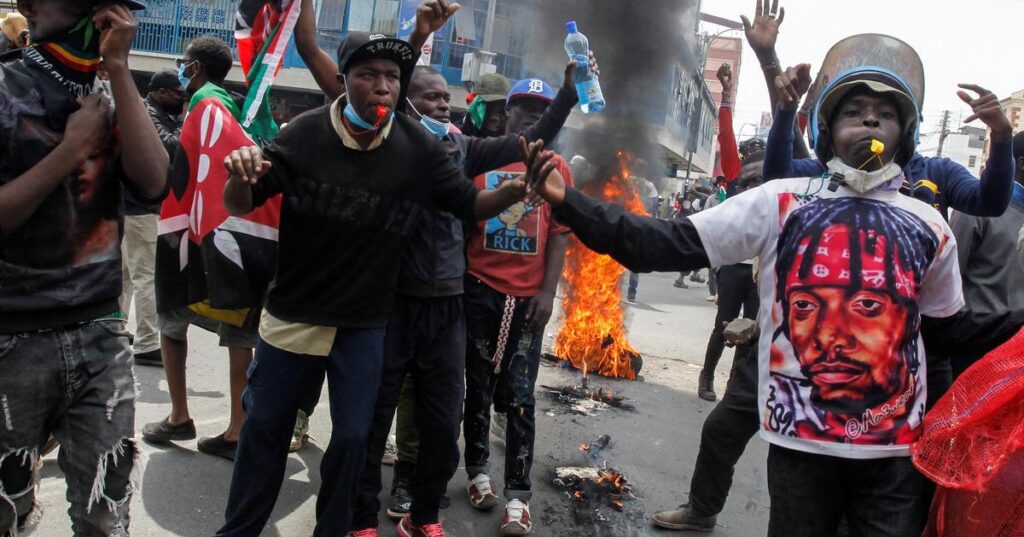The bold move by social media heavyweights and artists to sever ties with Safaricom in solidarity with the youth-led protest movement signals a strong pushback against any role that corporations may be playing in supporting government censorship.
The Kenyan government has had a delicate relationship with the internet and mainstream media, especially during politically heated moments. In 2018, it shut down three local television stations for trying to broadcast the presidential inauguration of a then-opposition politician, but the Supreme Court overturned the decision. Last week, one of the stations, KTN News, reported that it had received threats from authorities to be shut down following its coverage of the protests.
But social media has evolved into a platform for citizen-led journalism, distributing unfiltered opinions in real time, including organizing large-scale protests like the one happening now.
While the government has maintained that it has no stake in the internet disruption and that it values freedom of expression, it is not a stretch to conclude that the political establishment has been unsettled by the fact that the protests that began last week have been organized, mainstreamed and sustained primarily on TikTok and X.
Social media platforms mobilized people from different parts of Kenya and abroad to strategize and confront the government over the controversial Finance Bill, which was subsequently withdrawn following sustained pressure from protesters.

